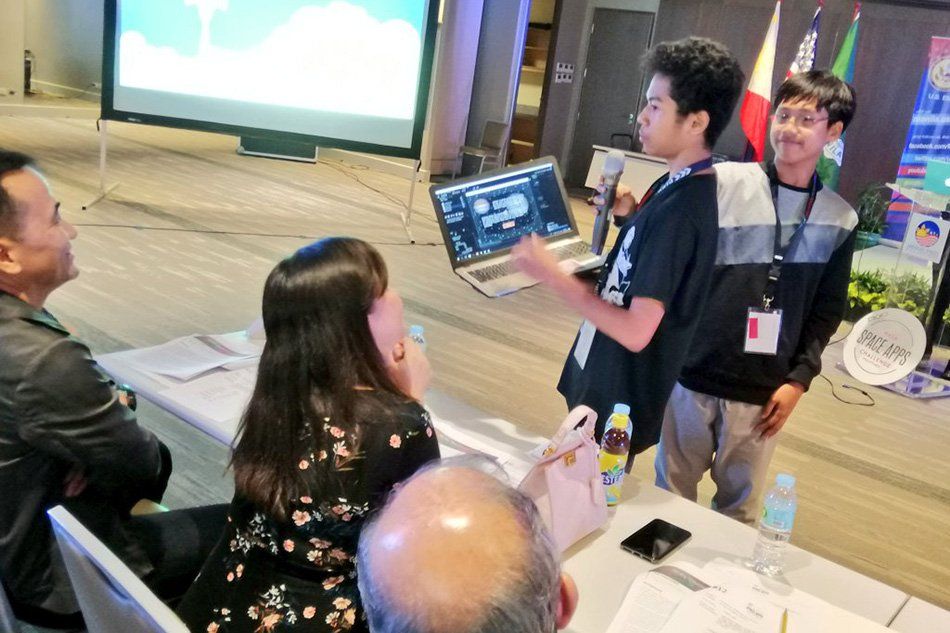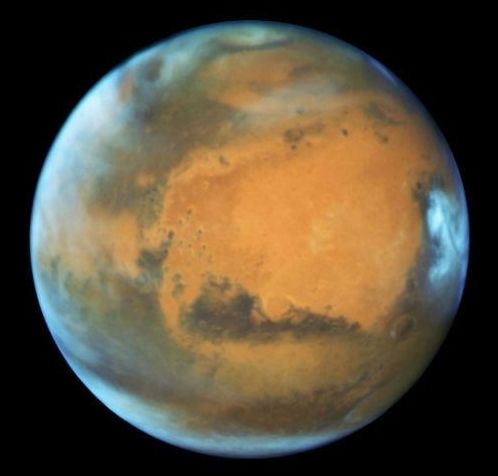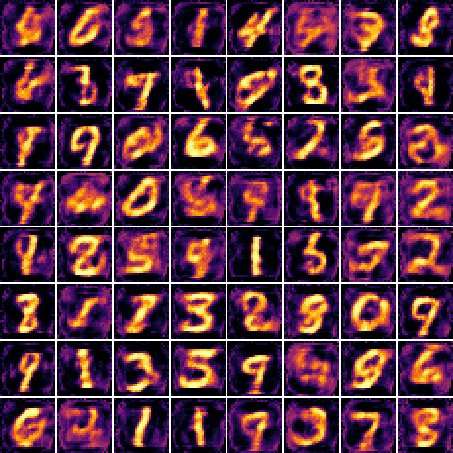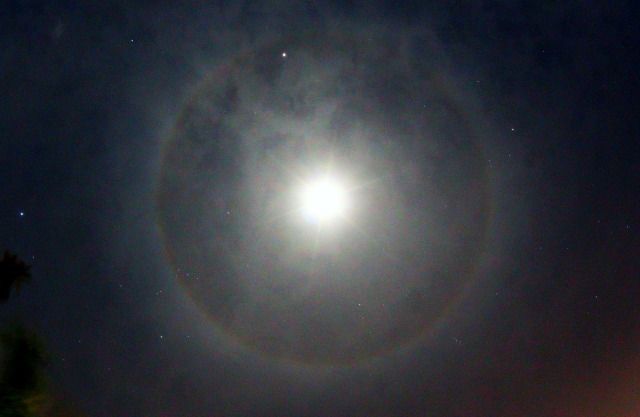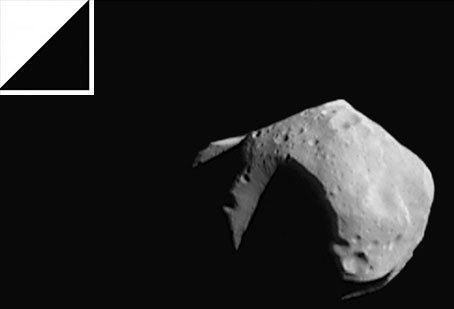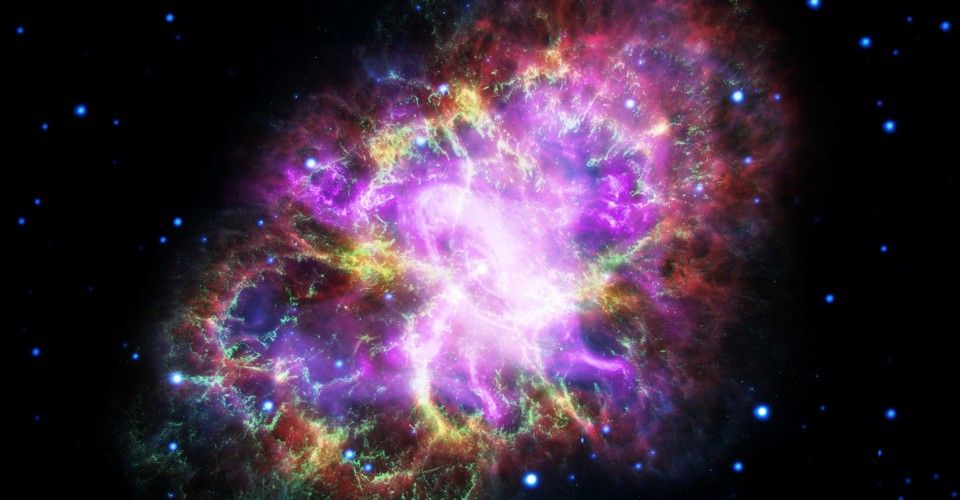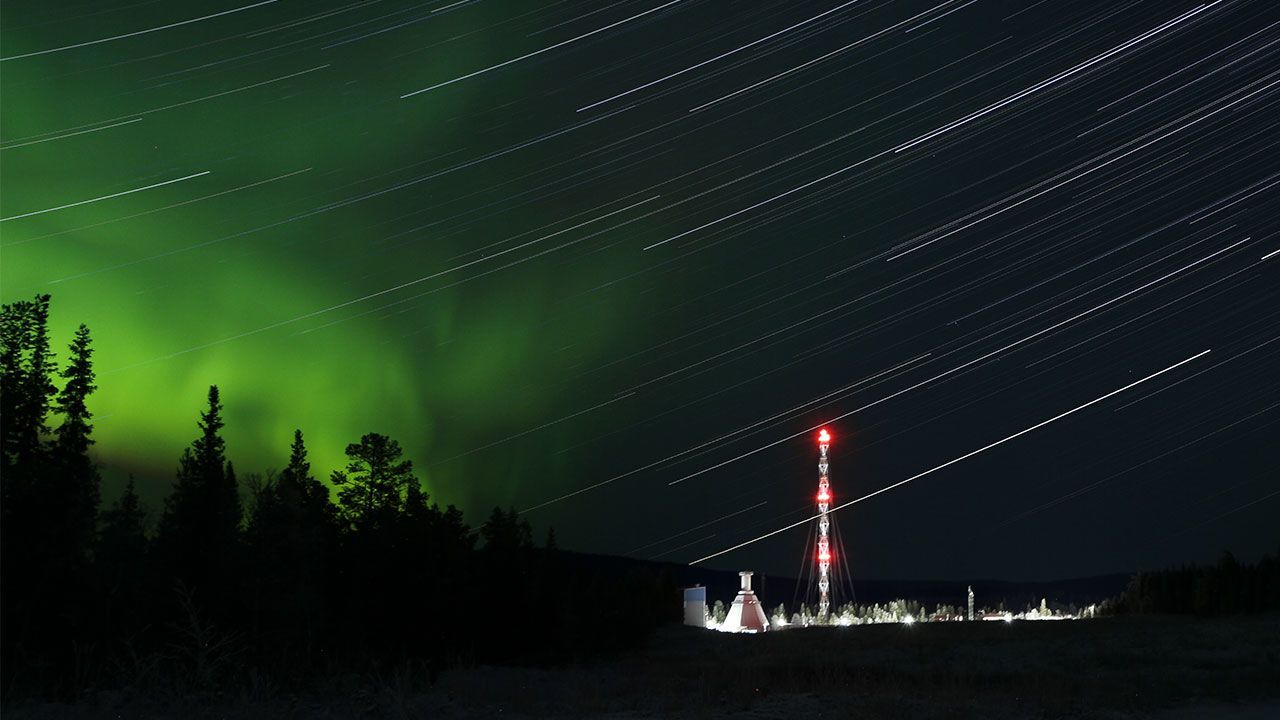Archive for the ‘space’ category: Page 834
Oct 23, 2018
Mars likely to have enough oxygen to support life — study
Posted by Michael Lance in categories: innovation, space
Salty water just below the surface of Mars could hold enough oxygen to support the kind of microbial life that emerged and flourished on Earth billions of years ago, researchers reported Monday. Current latest trending Philippine headlines on science, technology breakthroughs, hardware devices, geeks, gaming, web/desktop applications, mobile apps, social media buzz and gadget reviews.
Oct 22, 2018
BinaryGAN: a generative adversarial network with binary neurons
Posted by Saúl Morales Rodriguéz in categories: information science, media & arts, robotics/AI, space
Researchers at the Research Center for IT Innovation of Academia Sinica, in Taiwan, have recently developed a novel generative adversarial network (GAN) that has binary neurons at the output layer of the generator. This model, presented in a paper pre-published on arXiv, can directly generate binary-valued predictions at test time.
So far, GAN approaches have achieved remarkable results in modeling continuous distributions. Nonetheless, applying GANs to discrete data has been somewhat challenging so far, particularly due to difficulties in optimizing the model distribution toward the target data distribution in a high-dimensional discrete space.
Hao-Wen Dong, one of the researchers who carried out the study, told Tech Xplore, “I am currently working on music generation in the Music and AI Lab at Academia Sinica. In my opinion, composing can be interpreted as a series of decisions—for instance, regarding the instrumentation, chords and even the exact notes to use. To move toward achieving the grand vision of a solid AI composer, I am particularly interested in whether deep generative models such as GANs are able to make decisions. Therefore, this work examined whether we can train a GAN that uses binary neurons to make binary decisions using backpropagation, the standard training algorithm.”
Continue reading “BinaryGAN: a generative adversarial network with binary neurons” »
Oct 21, 2018
China to launch lunar lighting in outer space
Posted by Michael Lance in categories: innovation, space
China is planning to launch its own “artificial moon” by 2020 to replace streetlamps and lower electricity costs in urban areas, state media reported Friday. Current latest trending Philippine headlines on science, technology breakthroughs, hardware devices, geeks, gaming, web/desktop applications, mobile apps, social media buzz and gadget reviews.
Oct 21, 2018
Puranik CEO of Atlantic.Net validates space based cloud operations
Posted by Klaus Baldauf in categories: business, computing, space
Space could represent a new frontier for cloud infrastructure. Amazon, Microsoft, Google, IBM and Oracle battle for business from companies that are offloading their data center computing and storage needs.
Oct 20, 2018
Asteroid mining might actually be better for the environment
Posted by Bill Kemp in category: space
The first study of its environmental impact suggests that extracting resources such as platinum from asteroids might be cleaner than doing so on Earth.
Oct 20, 2018
The Universe Is Always Looking
Posted by Xavier Rosseel in categories: quantum physics, space
Yay… another person who gets it 👀.
The one thing you probably understand about quantum physics is actually a poor metaphor for the modern state of the field.
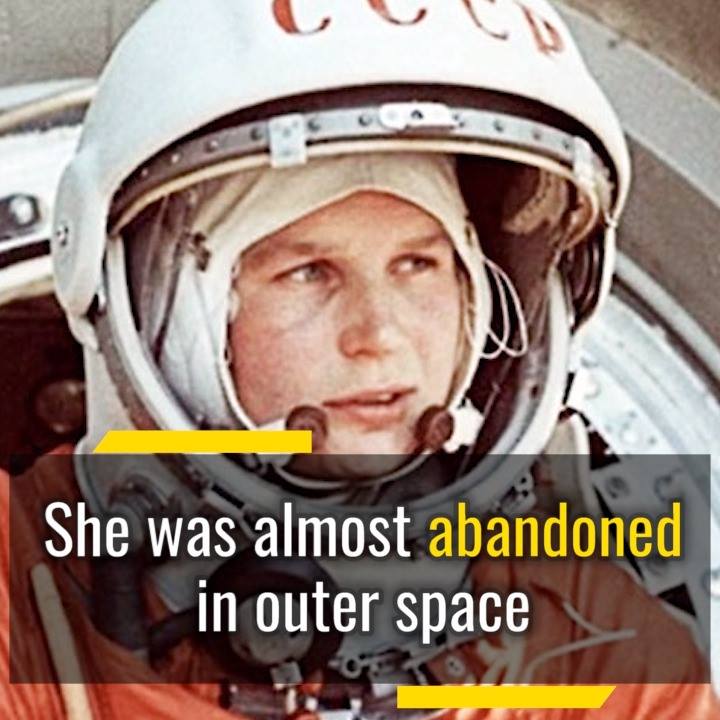
Valentina Tereshkova was the world’s first woman to go into space. She was also the first to fly without a toothbrush. This is her story.
Oct 18, 2018
Rare state of matter is created in space for the first time
Posted by Genevieve Klien in categories: particle physics, space
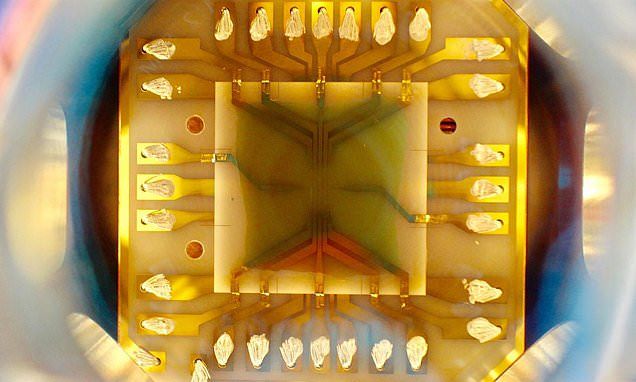
The German space agency DLR carried out the tests in January last year on the MAIUS 1 rocket, beating NASA’s Cold Atom Laboratory who have also since produced a BEC in space.
The findings have been published this week in the journal Nature.
Continue reading “Rare state of matter is created in space for the first time” »
